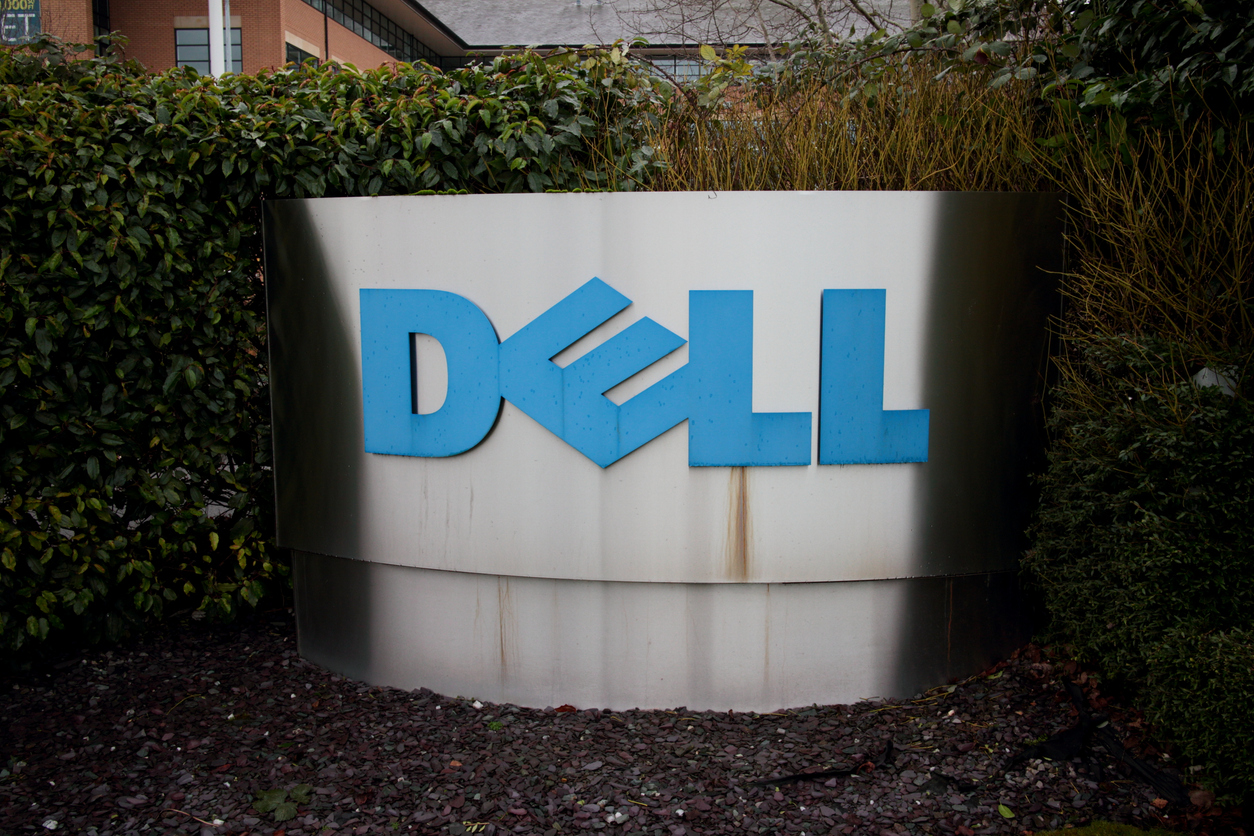Dell tells remote employees they aren’t eligible for promotions, United CEO issues safety statement
Plus, anonymity on Glassdoor might not be airtight.

Greetings, comms pros! Let’s take a look at a few stories from the last week and see what lessons we can learn from them.
1. Dell says that remote workers can’t get promoted
There are a lot of benefits to remote work. Dell CEO Michael Dell supported remote work in past statements, even going as far as calling remote work “the future of work” in a LinkedIn blog in 2022. But my, how things have changed. Dell is now passing over remote employees for promotions in favor of those who come into the office at least three days a week.
“For remote team members, it is important to understand the trade-offs: Career advancement, including applying to new roles in the company, will require a team member to reclassify as hybrid onsite,” read an employee memo acquired by Business Insider.
This is a fantastic way for an organization to lose great talent. You should cultivate your talent, not find ways to weed people out who don’t or can’t adhere to a newly rolled-out RTO policy. Find ways to reach these people. There’s no doubt that talented people who could help the organization on the path forward will leave after being passed over for a promotion. Additionally, this could make life a little more difficult for Dell on the recruitment front. If you’re rolling out an RTO policy, there are better ways to do it than this. Talk to your employees and gain their perspectives on the issues first.
2. United CEO reaffirms airline’s safety record
Boeing and Alaska Airlines are sharing the brunt of not-so-great airline-related press as of late, but United isn’t far behind. Between part of a plane’s aluminum cladding falling off to a plane losing a wheel during takeoff, United faces its own scrutiny. CEO Scott Kirby said that United is in the process of reviewing safety procedures,
According to a United memo published by NPR:
“Unfortunately, in the past few weeks, our airline has experienced a number of incidents that are reminders of the importance of safety,” he said. “While they are all unrelated, I want you to know that these incidents have our attention and have sharpened our focus.”
When organizations go through tough times, people want to hear from leaders. Props to United’s comms team for getting the CEO out front and center to address the issues and provide the next steps in terms of solutions. While he didn’t give specifics, Kirby did say that the company would take what it learned from reviews of both incidents and incorporate them into safety training. Both internally and externally, leaders can help control the narrative and right the ship during tumultuous times with a steady voice. It’s on comms pros to train leaders to step up when the moment comes so that the C-suite knows what notes to hit.
3. Glassdoor data might not be anonymous after all
Have you ever poked through the Glassdoor page for reviews of an old job you held? If so, you’re not alone. One tech employee, writing under the pseudonym of Monica, alleged that Glassdoor was adding names to profiles without user consent. She then said that Glassdoor replied to her when she tried to formally withdraw consent, the review platform made things difficult.
In a privacy policy, Glassdoor says, “If we have collected and processed your personal information with your consent, then you can withdraw your consent at any time,” but Monica said Glassdoor did not give her the option and stored her name and recommended that she delete her account if she wanted her name removed. This would delete her reviews as well, employees confirmed. In response, Monica continued protesting the data storage, escalating her complaint to a Glassdoor manager who did not prove to be any more sympathetic than subordinates.
“I stand behind the decision that your name has to be placed on your profile and it cannot be reverted back to just your initials or nullified/anonymized from the platform,” Glassdoor’s manager wrote, confirming that Monica’s case was now considered closed. “I am sorry that we disagree on this issue. We treat all users equally when it comes to what is eligible to be placed on the profile and what is not, but we know that there are times our users, such as yourself, may not always agree with us.”
“You heard it from the manager of Glassdoor’s community team: they treat all users equally badly,” Monica’s blog warned. “Soon my account will be gone. If you have one, you might consider doing the same.”
There’s a lot to unpack here from a comms perspective. First, using people’s real names is antithetical to Glassdoor’s brand as an anonymous review site. The other big issue here surrounds how Glassdoor dealt with Monica and how it reframes the narrative around user privacy. Not addressing user privacy concerns, then claiming that you can’t anonymize people on the platform despite that being what Glassdoor has long stood for, is a bad look and a reputational hit that will be hard to bounce back from.
Glassdoor also provided a valuable outlet for current and former employees of organizations to address concerns of pay, culture, leadership and more, giving their colleagues and potential recruits a more realistic look at what life at a given company is like. Providing people with a resource, then taking it away due to concerns over privacy and potential retribution is a detriment to employees across the board.
4. How about some good news?
- A magnet fisher in England recovered a 1,000-year-old Viking sword.
- A cougar took a 1,000-mile trek across the United States.
- A new train line could connect Dallas and Houston with high-speed rail.
- Ragan Training is great for communications pros to find inspiration and resources.
- You should be rewarded for your work. Find out how to earn an award here!
Have a great weekend comms all-stars!
Sean Devlin is an editor at Ragan Communications. In his spare time he enjoys Philly sports, a good pint and ’90s trivia night.







